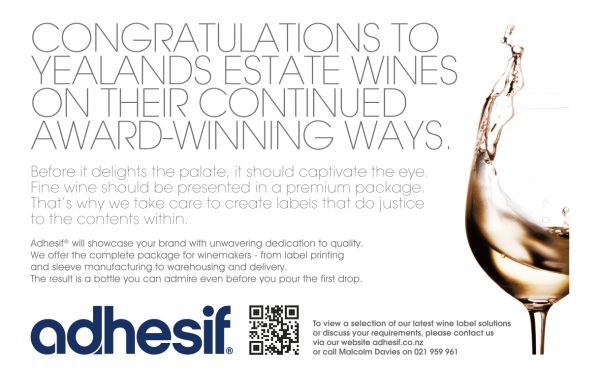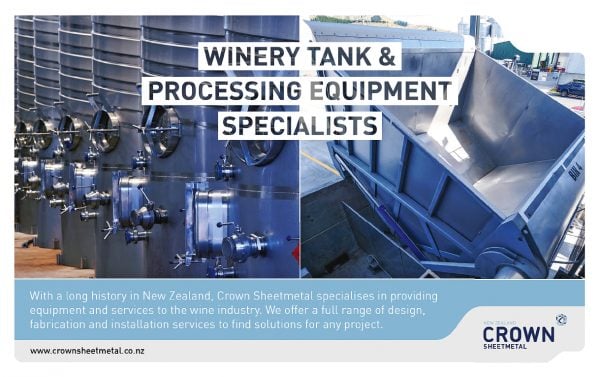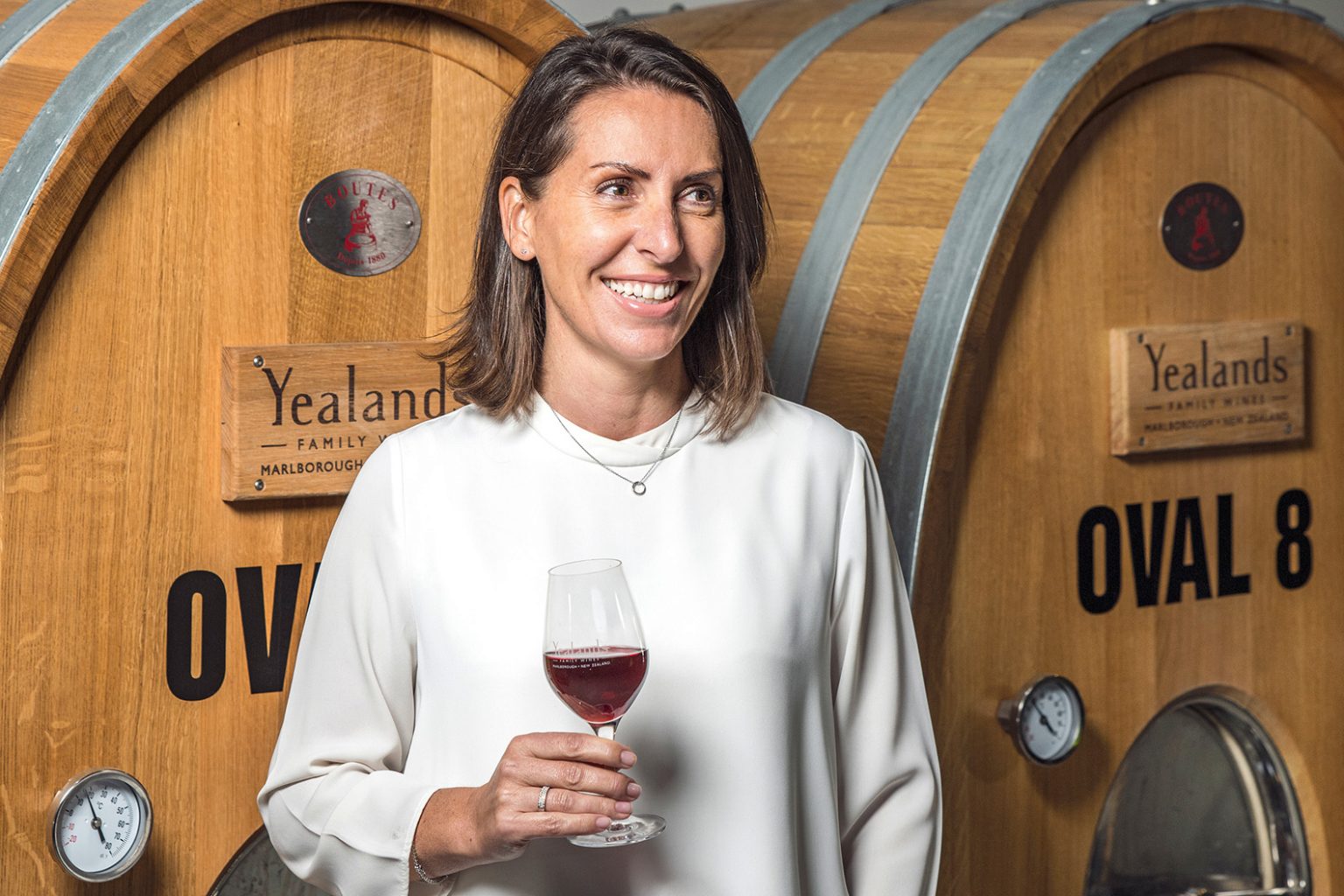The term may have become a popular one, but Tiffani Graydon acknowledges sustainability can sometimes be reduced to a buzzword. “Sometimes I feel there’s a bit of an eye roll these days when people talk about sustainability because it has become a boardroom cliche,” admits the CEO of Yealands Wine Group.
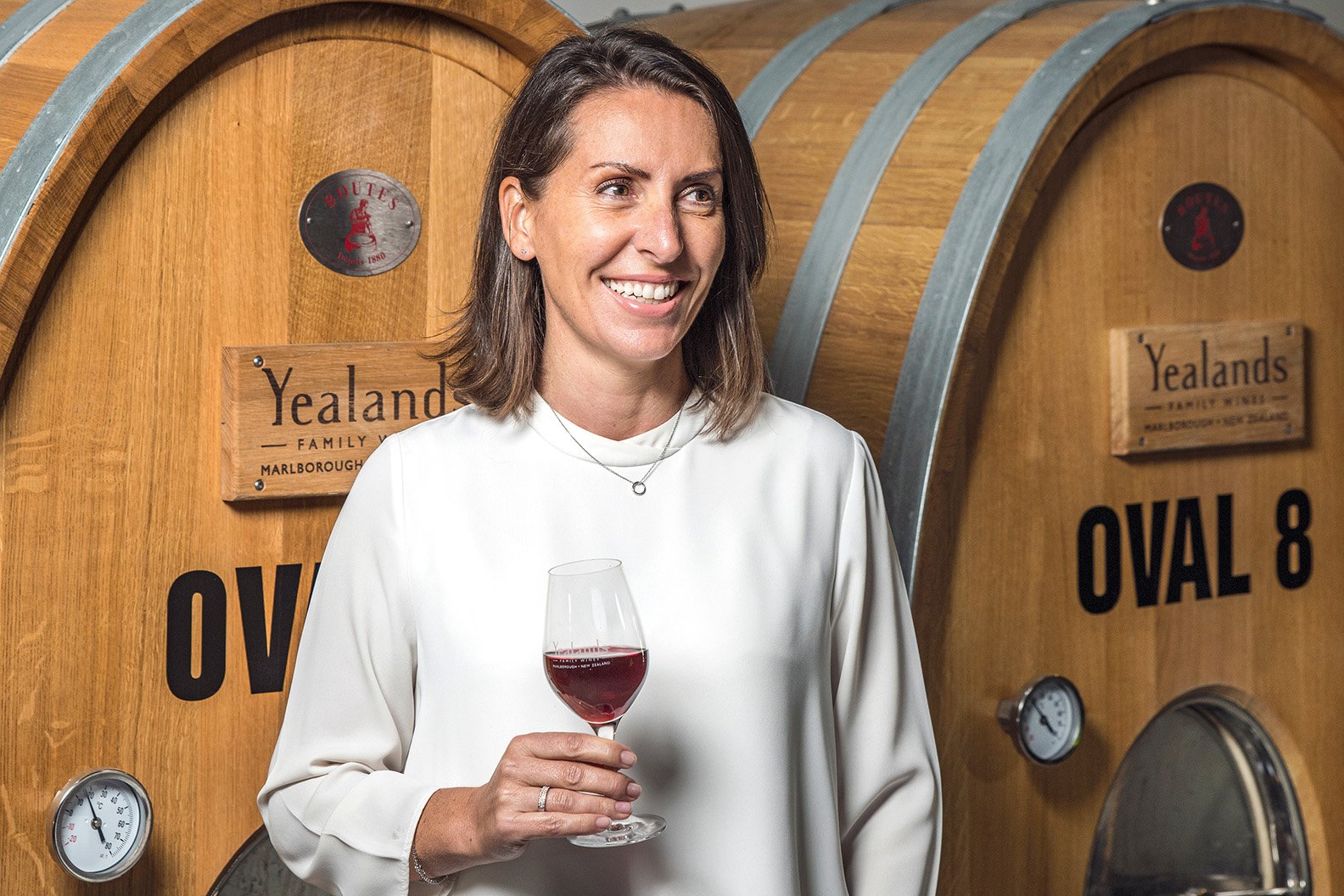
Fortunately, the company’s own commitment to producing great-quality wines that are kinder to the planet is far from contrived. When Peter Yealands founded the company in New Zealand’s Marlborough region in 2008, it was with a clear vision to produce sustainable wine.
“Everything in our business is fundamentally layered with that sustainability ethos – the fact that we care for the land, we care for the people, and we want to leave the world in really good shape for generations to come,” Tiffani tells The CEO Magazine.
“We call it ‘grass to glass’ and the whole strategy is centred around ‘think boldly, tread lightly’. Pete was really thinking about it and putting it into practice well before many others, particularly in New Zealand.”
It is a vision that is shared by a growing number of consumers who are seeking to support brands that they can feel good about, particularly in Yealands’ key markets the UK and the US. Catering to this consumer need forms a major part of the company’s approach in these areas as well as addressing the yen for alcoholic beverages that are perceived as healthier.
“Certainly, what we’re experiencing is consumers looking at those lighter-style varietals that New Zealand has become synonymous with because they feel like they’re better for you,” Tiffani reveals.
Research undertaken by Yealands shows that people want to enjoy a glass of rosé or sauvignon blanc at the end of the day, even if they have to get up early the next morning for a fitness class or to do the school run.
“What we do know from consumers globally is that wine is already seen as a healthier drink than other alcoholic beverages,” she continues. “And what we do at Yealands is produce some fantastic lighter-style wines. And for the naturally lighter-in-alcohol wines, the early harvest retains all that beautiful flavour. These wines perform exceptionally well in market.”
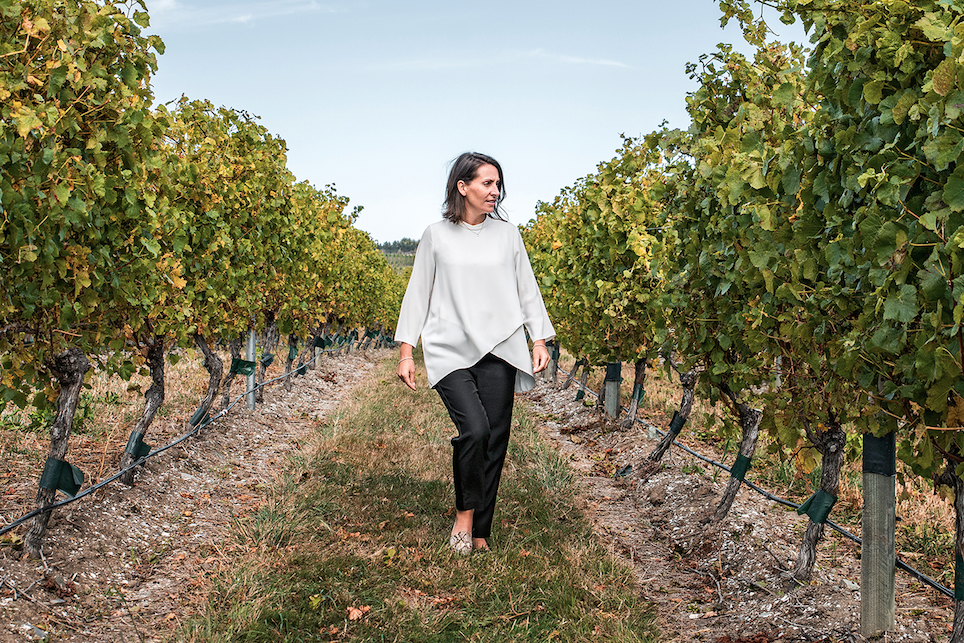
Indeed, Yealands’ Sauvignon Blanc is going from strength to strength, with sales hitting new highs and a coveted Dan Murphy’s Decoded Award in the Lighter White Under 20 category. It is an incredible turn of events given that pre-COVID-19, wine consumption was actually in global decline.
But the outbreak of the pandemic changed that. Although the first few weeks of the pandemic saw panicbuying of toilet paper and basic supplies, the focus soon shifted. With people largely housebound, they wanted a decent drop to drink and so they started stocking up on wine, Tiffani explains.
“The hospitality sector shrank globally due to the lockdowns and that has pushed people to sit around a table and eat dinner together again.” Tiffani has worked in the wine industry for around 25 years.
“It runs through my blood, if you like,” she laughs. After working in hospitality, she became a sales representative for Montana Wines, then moved on to roles at Lion Nathan and Pernod Ricard as well as a period in Shanghai setting up the Asian distribution of water company Antipodes. Then, in 2019, she took on the role of CEO at Yealands.
“I actually worked for Yealands for a short stint in 2018,” she recalls. “I really enjoyed my time here, although it was short-lived. And so, I felt like I understood what the culture was and where the opportunities for the business lay. I had a good understanding of the challenges as well.”
As a result, when she was approached about the CEO position, she was convinced it was the right move. “I have to say that 18 months into it, I’m even more energised about the opportunity – it’s a fantastic business.”
Creating a “road map” for the team was top of Tiffani’s list of priorities, so the team reviewed the company’s operations and came up with a plan. “When wine businesses start out, a lot of the decisions are at the production end of the chain,” she says.
“We’ve come to understand what our potential supply footprint is, so now we need to move our mindset away from being production-led into consumer-led.” Refocusing at the other end of the distribution chain is a significant shift, but Tiffani is confident the culture of the business will see the new strategy succeed.
After all, having survived two earthquakes and a pandemic, the team is adept at just “getting on and getting it done”. Indeed, the challenging conditions of the last year have been an “incredible learning journey”, according to Tiffani.
“There’s a huge amount of learning that came from it and a closeness that you get as a business in terms of culture when you come out the other side. It’s actually really neat to be a part of it.”
Proudly supported by:
